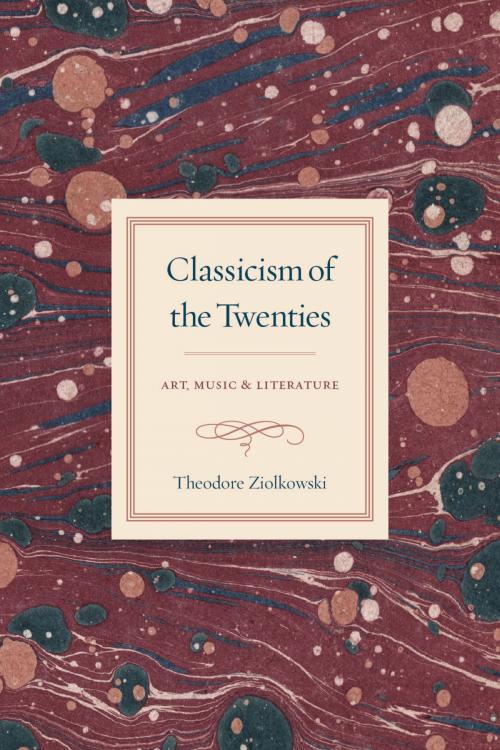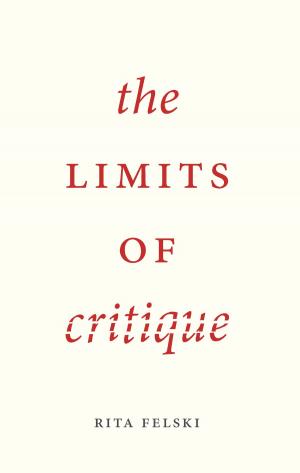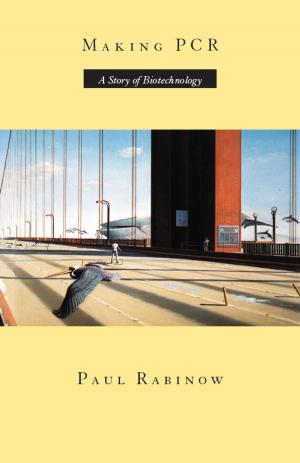Classicism of the Twenties
Art, Music, and Literature
Nonfiction, Entertainment, Music, Theory & Criticism, History & Criticism, Art & Architecture, Art History, Fiction & Literature, Literary Theory & Criticism| Author: | Theodore Ziolkowski | ISBN: | 9780226184036 |
| Publisher: | University of Chicago Press | Publication: | January 8, 2015 |
| Imprint: | University of Chicago Press | Language: | English |
| Author: | Theodore Ziolkowski |
| ISBN: | 9780226184036 |
| Publisher: | University of Chicago Press |
| Publication: | January 8, 2015 |
| Imprint: | University of Chicago Press |
| Language: | English |
The triumph of avant-gardes in the 1920s tends to dominate our discussions of the music, art, and literature of the period. But the broader current of modernism encompassed many movements, and one of the most distinct and influential was a turn to classicism.
In Classicism of the Twenties, Theodore Ziolkowski offers a compelling account of that movement. Giving equal attention to music, art, and literature, and focusing in particular on the works of Stravinsky, Picasso, and T. S. Eliot, he shows how the turn to classicism manifested itself. In reaction both to the excesses of neoromanticism and early modernism and to the horrors of World War I—and with respectful detachment—artists, writers, and composers adapted themes and forms from the past and tried to imbue their own works with the values of simplicity and order that epitomized earlier classicisms.
By identifying elements common to all three arts, and carefully situating classicism within the broader sweep of modernist movements, Ziolkowski presents a refreshingly original view of the cultural life of the 1920s.
The triumph of avant-gardes in the 1920s tends to dominate our discussions of the music, art, and literature of the period. But the broader current of modernism encompassed many movements, and one of the most distinct and influential was a turn to classicism.
In Classicism of the Twenties, Theodore Ziolkowski offers a compelling account of that movement. Giving equal attention to music, art, and literature, and focusing in particular on the works of Stravinsky, Picasso, and T. S. Eliot, he shows how the turn to classicism manifested itself. In reaction both to the excesses of neoromanticism and early modernism and to the horrors of World War I—and with respectful detachment—artists, writers, and composers adapted themes and forms from the past and tried to imbue their own works with the values of simplicity and order that epitomized earlier classicisms.
By identifying elements common to all three arts, and carefully situating classicism within the broader sweep of modernist movements, Ziolkowski presents a refreshingly original view of the cultural life of the 1920s.















